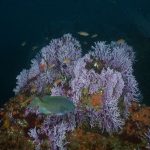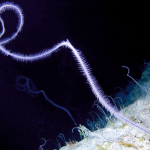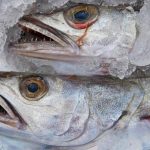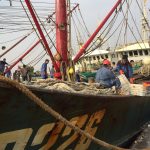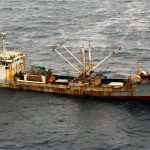Source: The Conversation
Author: Sandra Brooke
When people think of coral reefs, they typically picture warm, clear waters with brightly colored corals and fishes. But other corals live in deep, dark, cold waters, often far from shore in remote locations. These varieties are just as ecologically important as their shallow water counterparts. They also are just as vulnerable to human activities like fishing and energy production.
Continue reading Deepwater corals thrive at the bottom of the ocean, but can’t escape human impacts

